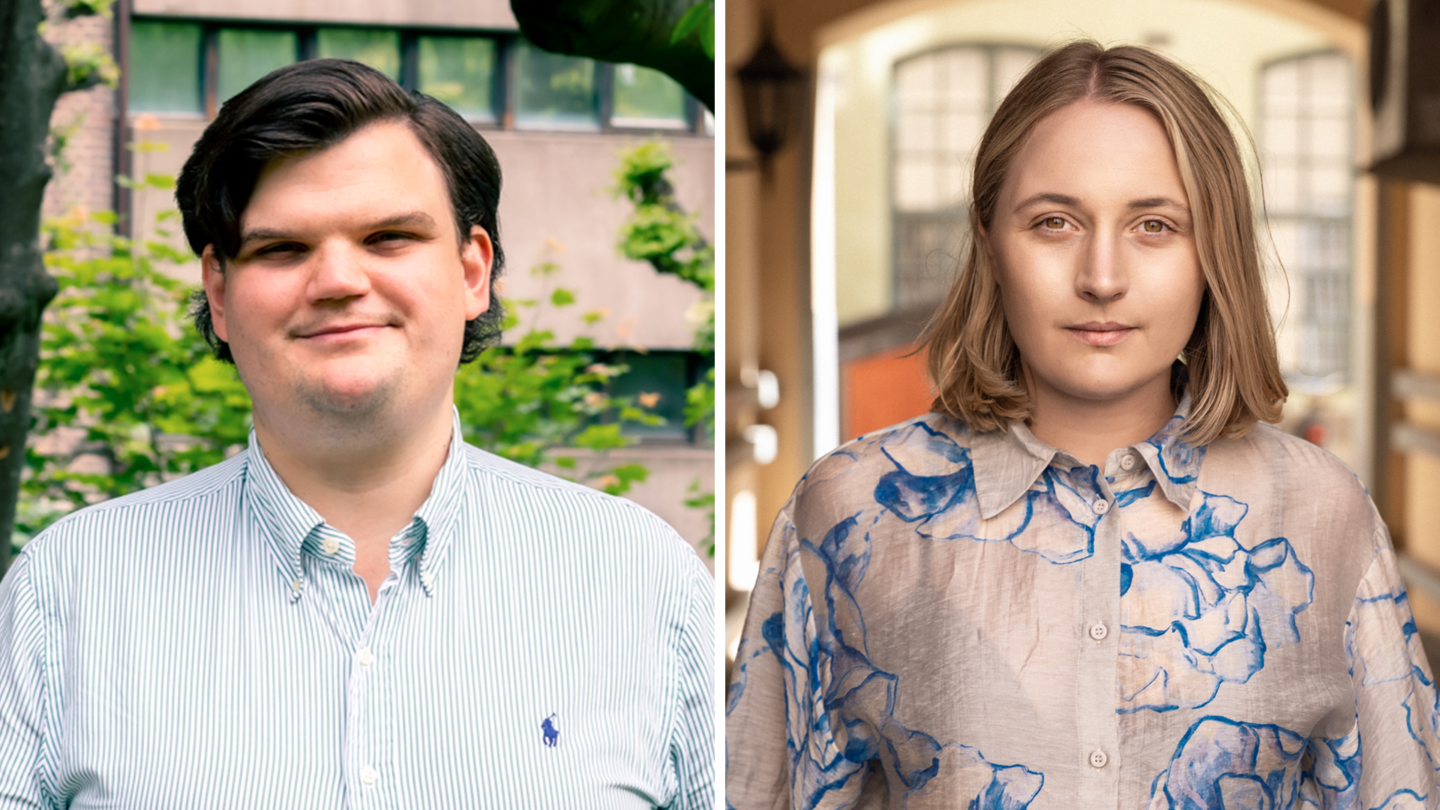All too often, students fall through the social safety net. It is not reasonable that students have to pay for their own sick leave.
For the first time since the corona pandemic, the Nordic and Baltic national student organizations will now meet during the Nordic Chairs' Meeting, NOM, in Gothenburg. Between October 20-23, 50 students gather to exchange experiences and learn more about students' work environment and mental health. These are topics that have gained particular relevance during the pandemic.
Swedish students suffer from mental illness to a greater degree than professionals of the same age, according to the Public Health Agency. According to CSN, financial stress is a contributing factor to students' mental illness. Students already have small financial margins. At the same time, as a part-time sick leave student, you can only receive study funds for the time you are studying - not for the time you are ill. In practice, this means that students need to pay for their sick time out of their own pocket.
Several government investigations have come to the same conclusion. The possibility for students to be on sick leave part-time should be introduced. It was pleasing to see that a majority of the parties in SFS electoral compass supported the proposal that students should have the option of part-time sick leave.
The grace period is another aspect. During the pandemic, the retirement allowance was re-debated when it was temporarily removed for professionals. At the same time, students have a waiting period of 30 days. This means that students need to pay for their illness with study funds during the grace period. What other groups are expected to mortgage themselves to afford being sick?
There is much to be done to reduce student mental health. A minimum requirement must be that the social safety nets also include students. Institutions of higher education should also increase the possibility of adapting studies in case of part-time sick leave and when returning to studies after a period of sick leave. Students must be able to be sick without risking their finances or their studies. It is a prerequisite to being able to be rehabilitated more quickly.
We now wish that the incoming government lives up to its message to student Sweden before the election, and delivers concrete change. Introducing the possibility of part-time sick leave would be a step in the right direction towards reducing mental ill health among students.
Linn Sword
Chairman, Swedish National Union of Students
Leonardo Rhedin
Union president, Göta Student Union
